To Feel for Another Jew: The Untold Story of a Sea Splitting for Two Sinners
Empathy Is Never Forgotten
- February 5, 2017
- |
- 9 Sh'vat 5777
Rabbi YY Jacobson
9032 צפיות- 12תגובה
- התקשרות
האזינו לכיתה בטלפון
שִׂיחָה +1 (845) 201-1933
כשתתבקש, חייג את מספר הזהות שלהלן.
4091 MP3 MP4 דפי מקורות - העתק הטמעה
Leilu Nishmat Reb Eliyahu Tzion ben Reb Chananya Niasoff ז"ל
And in the merit of our partner in Torah Yigal Yisroel ben Sofia שיחיו
סיכום השיעור:
This class was presented on Sunday Parshas Beshalach, 8 Shevat 5777, February 5, 2017, at Ohr chaim Shul, Monsey, NY
The opening of our portion related how Pharaoh had a change of heart right after he let the Jewish people go. "He said to the Children of Israel: They are lost in the land, the desert closed in on them." Rashi raises the obvious difficulty with this verse. Pharaoh did not speak to the children of Israel, for they had left Egypt already. How could he be talking to them?
The Targum Yonasan ben Uziel gives an astonishing explanation. There were two Jews, Dassan and Aviram, who remained in Egypt. They refused to leave. Pharaoh spoke to them, reassuring them that the Jews are lost, stranded, and stuck in the desert. Their choice to flee the country was an ill-conceived one.
Yet here is where the story becomes mind staggering. If they chose to stay in Egypt, how do we discover them journeying with the Jews in the desert – complaining about the manna, revolting with Korach? The answer is plain if absurd. They must have tagged along with Pharaoh when he went to pursue the Jews by the sea. And when the sea split, they too were spared. They too crossed along with the Jews, and got to the other side safe and sound.
This is absurd. These two fellows who were absolute atheists, it seems, fighting Moses and G-d at every step of the way, choosing to remain in Egypt, are saved with their brethren. They have linked their fate and destiny to Egypt, not to the Hebrew. Why were they spared at the red sea while all of the Egyptians drowned?
What is more, the Midrash teaches that many Jews who did not want to leave Egypt, died during the three days of darkness. Yet Dathan and Aviram who also did not want to leave, remained intact. Why? It was the “Saraf” of Brisk and the Beer Maim Chaim who presented an astounding answer.
We explore the conversation between Reb Shmuel of Shiniva and the Chidushei HaRim about the Talmudic expression “Krias Yam Suf.” We delve into the story of Miriam bas Bilgah and the “rectification of a soul” by the Lubavitcher Rebbe in 1975. We discover the power of empathy, of taking a blow for another Jew, something that placed Dasan and Aviran on a lofty spiritual pedestal.
תגים
קטגוריות
Rabbi YY Jacobson
- February 5, 2017
- |
- 9 Sh'vat 5777
- |
- 9032 צפיות
Leilu Nishmat Reb Eliyahu Tzion ben Reb Chananya Niasoff ז"ל
And in the merit of our partner in Torah Yigal Yisroel ben Sofia שיחיו
שיעורים קשורים
אנא עזרו לנו להמשיך בפעילותנו
הרשמה לקבלת תוכן (באנגלית) עדכני מאת הרב יוסף יצחק ג'ייקובסון
צרפו חברים ומשפחה לקבוצת הווסטאפ שלנו
צרפו חברים ומשפחה לקבוצת הווסטאפ שלנו




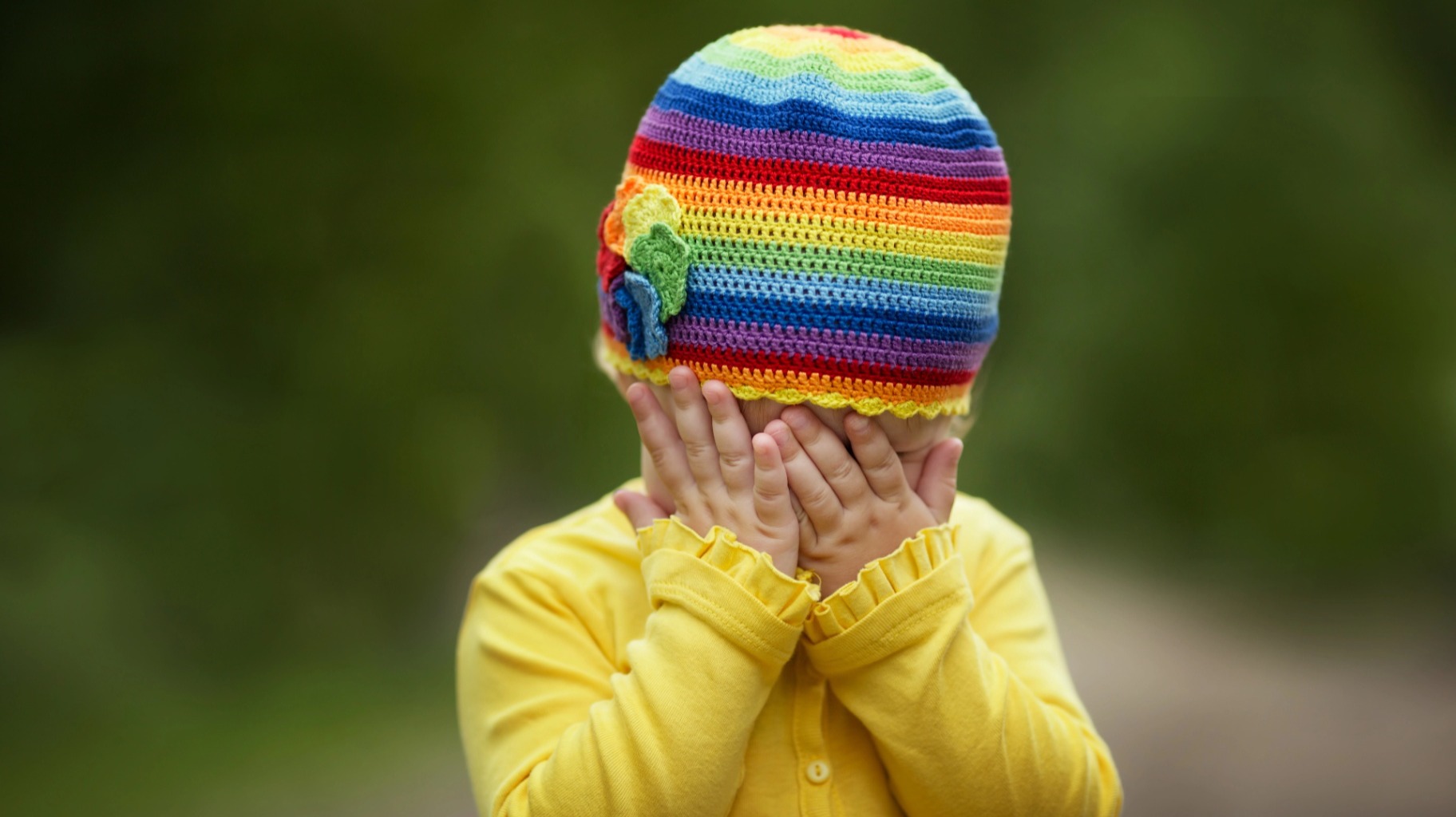
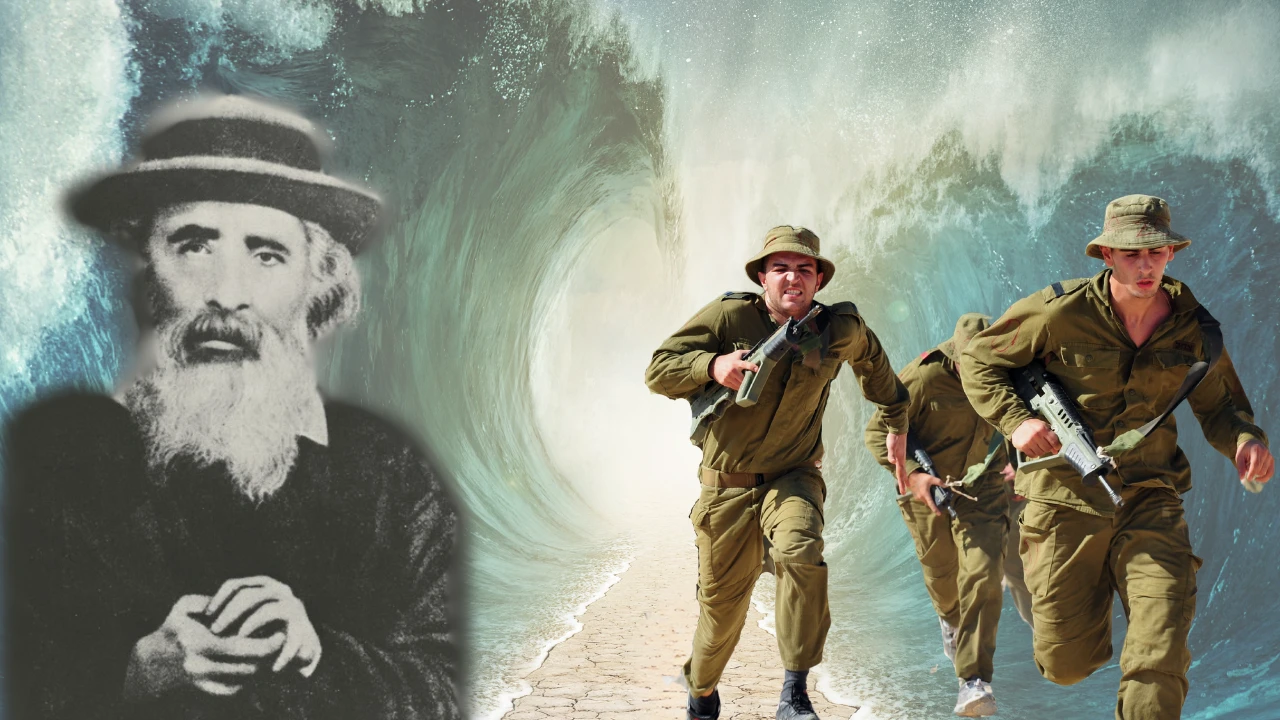
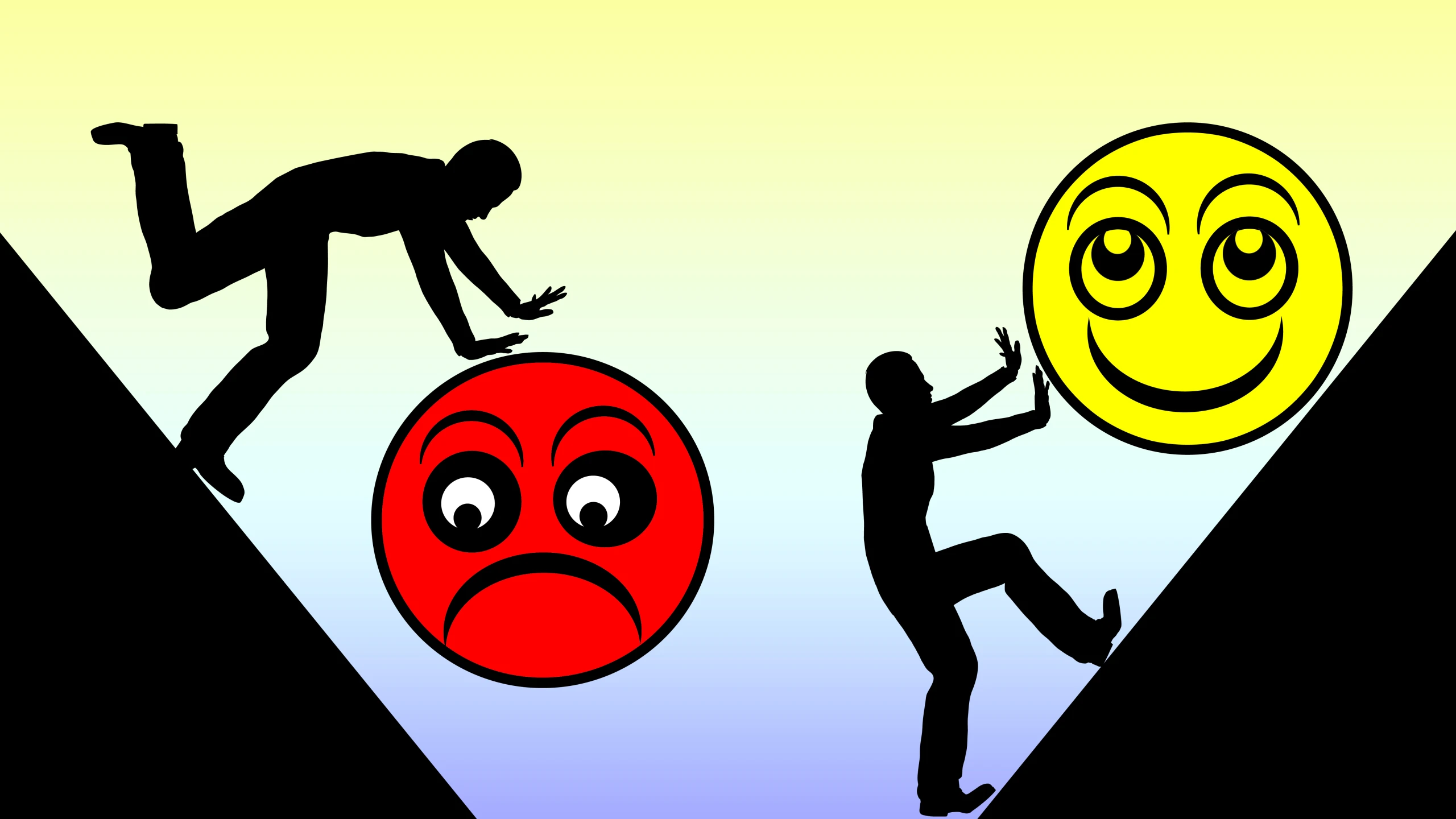
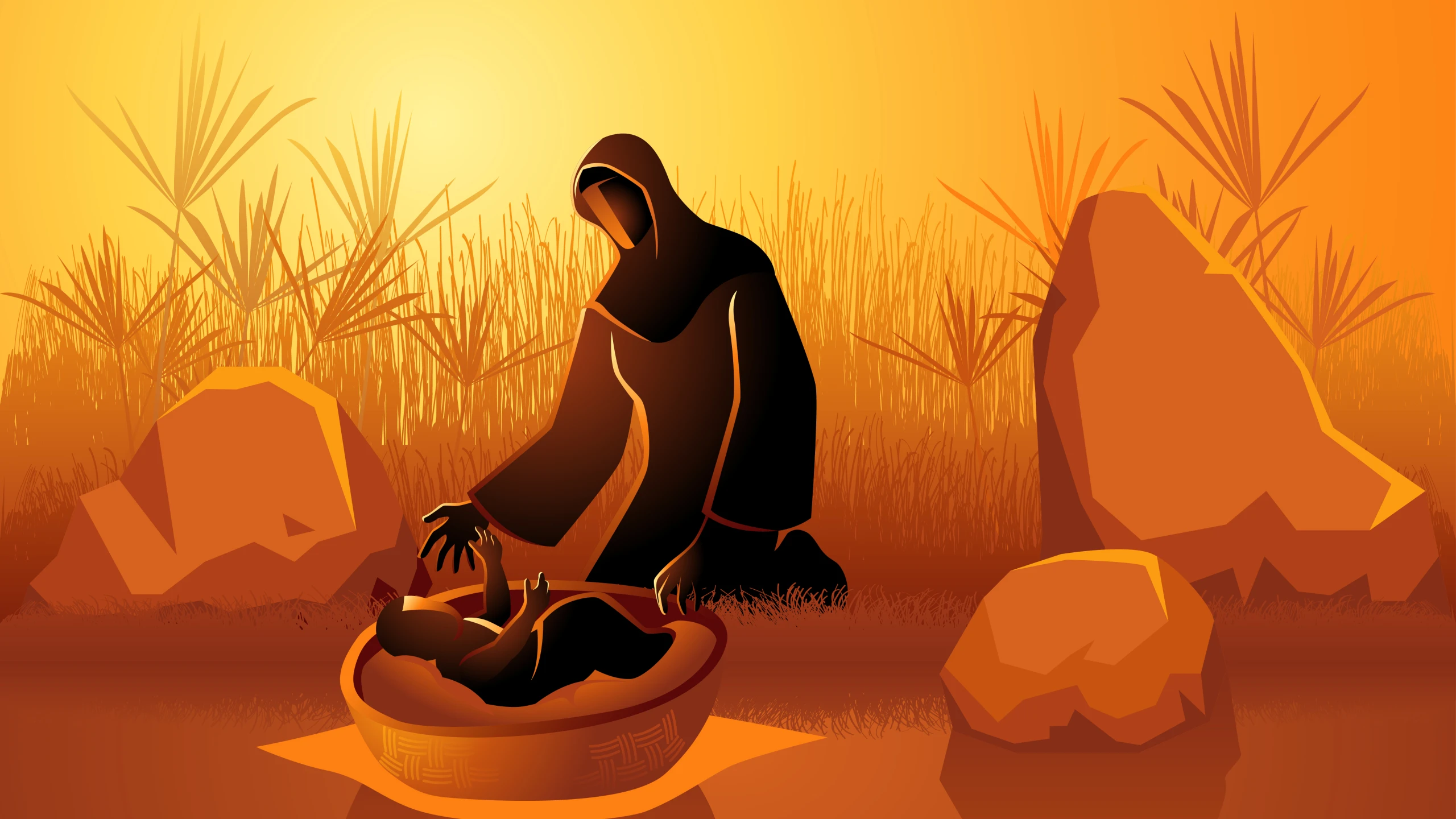



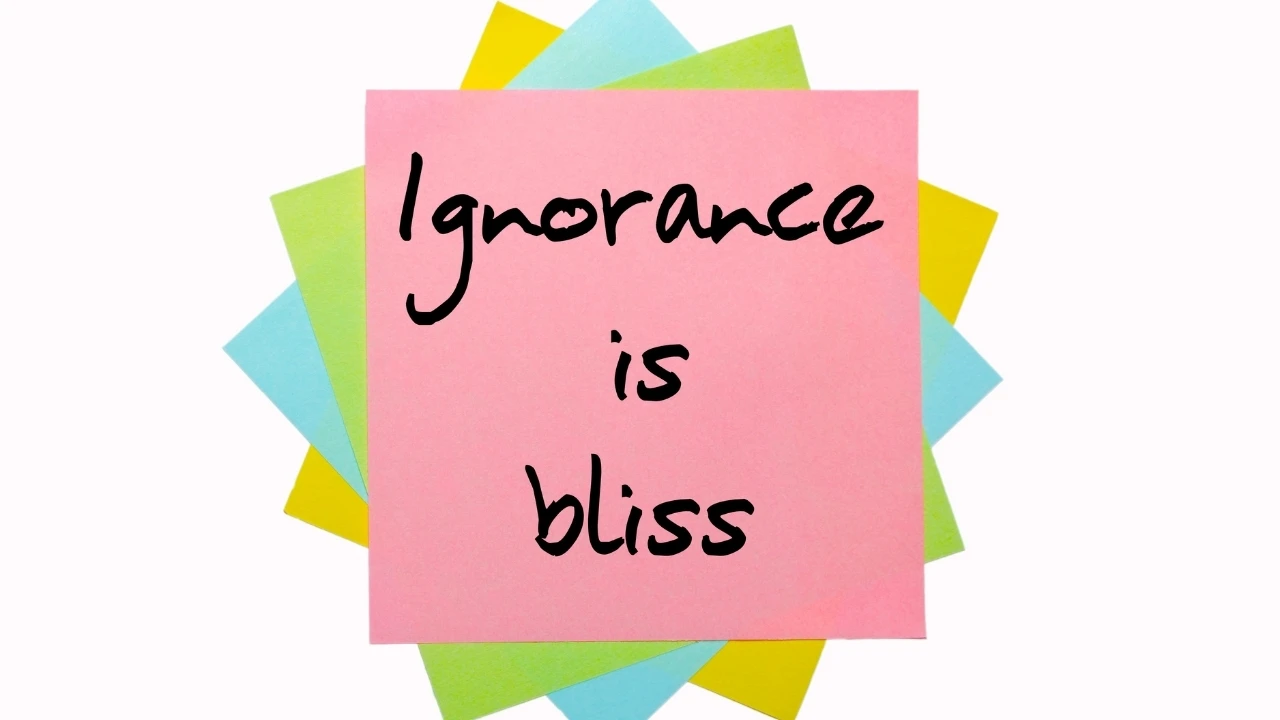

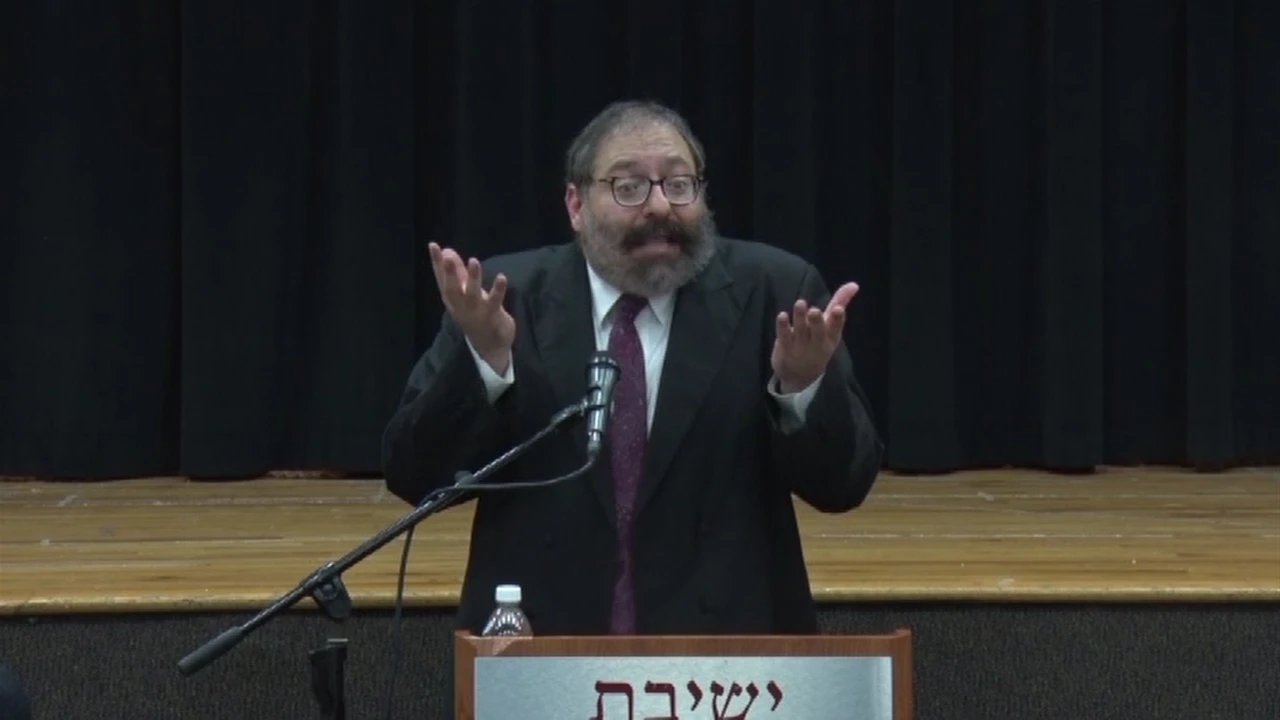
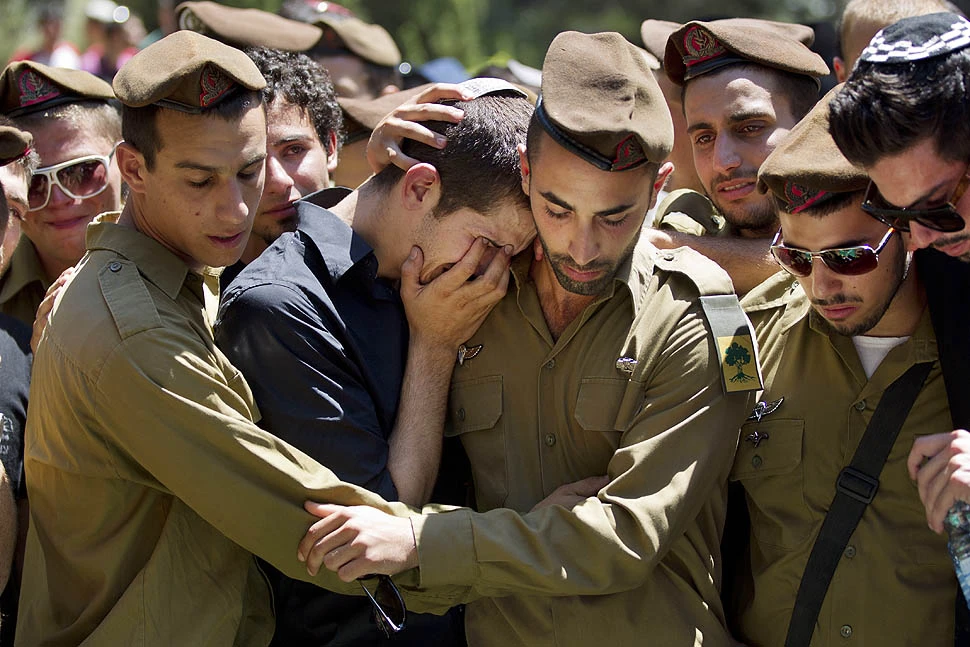
אנא השאירו את תגובתכם למטה!
Moshe -5 שנים לִפנֵי
Dosan and Aviram apparently didn't want to leave Mitzrayim
Yet they alone were spared from the death that befell two thirds of the yidden who perished in the plague of choshesh because they didn't want to leave after the slavery was over.
[And how many of those comfortable now in golus wouldn't want to leave those comforts when this longest and darkest golus will end?]
Hashem spared them for reasons known only to Him but obviously these two trouble makers had a role to play in all the acts of defiance in the mid bar so had to be saved.
Notice that it is said that 3 million people were present at Har Sinai inclufing the erev rav. If 80% perished in makka choshesh (and who buried them all so quickly?) . Mathematically that means there were about 15 million yidden before the makka.
Strangely that is close to the number of yidden alive in 1939. If 6 million, one third, perished then there were about 18 Million before. The holocaus was one third of our people.
Makka choshesh was 80% a far greater number number than one third. The "crime" for which 80% perished was not wanting to leave after slavery was over. What are the implications?
Can there be some absolute number of yidden beyond which He does want us to grow regardless of the percentage we are in the world (1939 6 million was a much smaller percentage of the world than we were in Mitzrayim)?
השיבו לתגובה זו.סמן את התגובה הזו.
mendel -6 שנים לִפנֵי
שמעתי ממך פירוש יפה (תוך כל הדברים המאלפים) על דתן ואבירם, שבגלל שהוכו על אחיהם זכו שיקרע להם הים.
השיבו לתגובה זו.סמן את התגובה הזו.
isaac -6 שנים לִפנֵי
השיבו לתגובה זו.סמן את התגובה הזו.
Anonymous -6 שנים לִפנֵי
השיבו לתגובה זו.סמן את התגובה הזו.
Anonymous -6 שנים לִפנֵי
השיבו לתגובה זו.סמן את התגובה הזו.
Sammy -6 שנים לִפנֵי
השיבו לתגובה זו.סמן את התגובה הזו.
Anonymous -6 שנים לִפנֵי
1. Why did they leave Egypt? They left Egypt because they joined Pharoh and his 600 chariots to pursue the Jews to BRING THEM BACK TO MITZRAYIM. They were hoping to see all their friends and relatives back.
2. Where were they exactly in the Yam Suf when it split for them? We do not know. Maybe they were in the back of everybody, and then it split after drowning the Egyptians. Maybe they were in the front, trying to persuade their brothers to return, and the sea split for them for a moment. Maybe they were in the middle and a path was created for them. I do not know.
3. The insight of the 50 gates of impurity is wonderful.
4. I think the Chasam Sofer states that Jews viewed Dasan and Aviram like Moshe and Aharon; that is why they obeyed them by the Korach story. Now why would they have such a view of Dasan and Aviram? But if they had their own Krias Yam Suf it is clear!
השיבו לתגובה זו.סמן את התגובה הזו.
Gili -6 שנים לִפנֵי
Regarding the shiur the Rabbi gave on 5th February 2017 entitled "To feel for another Jew, the untold story of the a sea splitting" it is not often that one hears a chiddush so groundbreaking in its insight as well as its ramifications for the way to live life after hearing the chiddush.
I have a question based on this chiddush on the haggadah where we say in the Ilu Hotzianu piece, "Ilu karah lanu et hayam veloh he'eviranu betocho b'cherava, Dayanu". It must be, based on the chiddush, that both of these lines are referring to Datan and Aviram who were the ones for whom Kriyat hayam refers as well as to whom Heeviranu betocho b'cherava refers.
If that is the case, what is the need for the repetition. It would have made more sense if the one line said "Ilu Baka lanu et hayam" and then he'eviranu betocho b'cherava which would refer once to Bnei Yisrael and once to Datan and Aviram?
Thank you again
השיבו לתגובה זו.סמן את התגובה הזו.
Anonymous -6 שנים לִפנֵי
השיבו לתגובה זו.סמן את התגובה הזו.
Yossi -7 שנים לִפנֵי
Just watched your shiur called 'empathy is never forgotten'. It was incredible, the lesson was amazing and the torah was amazing thank you.
השיבו לתגובה זו.סמן את התגובה הזו.
Rabbi YY Jacobson -7 שנים לִפנֵי
Here is an email exchange I had with one of our students:
I really loved your shiur on parshas Beshalach this year where u explained the second krias yam suf for Dasan and Aviram (D&A). Really very powerful!!!
Although I am seeking further clarity on the topic by asking the following questions. Perhaps you can help me understand with some insights.
1) Many meforshim explain that the splitting of the sea wasn't in a straight line - like a bridge. But rather it was a semi circle - where they wound up on the same side of land just out of harms way.
If so, why would a second splitting be necessary?
2) Were D&A the only 2 officers that took beatings for their brothers? Millions of jews died during darkness. Surely they had more than 2 Jewish officers to police such a huge population. What happend to the rest of them?
3) Reading the Shirah with this new understanding that its refering to D & A, how do we understand the passuk that says "Vayaminu BaShem U'vmoshe Avdo"? If they really believed, they would've been on the first boat with everyone else.
Answers:
1) Presumably, when the Egyptians ran into the sea to chase the Jews, they ran in with them, as the sea was dry at the time. Later the waters returned, they would have been caught up in the raging waters if not for a splitting for them.
You may ask, why did the Egyptians run into the sea in the first place? Why could they not pursue the Jews via dry land, as the Jews emerged from the semi circle? But whatever the reason, Dasan and Aviram were there in the midst of it all.
2) Perhaps the police men all left Egypt and wanted to leave Egypt. Or perhaps they survived the plague of darkness and seeing what happened to their brethren decided to leave Egypt. It was only Dasan and Aviran who still remained -- which only brings out even more how stubborn and defiant they were.
3) Of course the Vayamenu is referring to all of Klal Yisroel and the song celebrated their own miracle. It is just that at the end of the Shirah they decided to include ALSO this final and last miracle for Dasan and Aviram.
השיבו לתגובה זו.סמן את התגובה הזו.
Nate Offenberg -8 שנים לִפנֵי
Does anyone know where i can find the video of the Rebbe talking ( crying ) about Miriam bas Biga? I saw it once and was AMAZED by the ahavas yisroel for a total stranger who lived more than two thousand years ago.
Whoever has not seen it will be amazed!!
השיבו לתגובה זו.סמן את התגובה הזו.
Anonymous -7 שנים לִפנֵי
http://www.chabad.org/therebbe/livingtorah/default_cdo/topicid/16927
השיבו לתגובה זו.סמן את התגובה הזו.
Rachel -8 שנים לִפנֵי
Your Shiur was an Oscar!!!!
Beautiful, beautiful! I feel I need to say so much about your wonderful Shiur, but I'm left ......speechless ! thank you!!!!
השיבו לתגובה זו.סמן את התגובה הזו.
Odom -8 שנים לִפנֵי
26 years ago when I was in eight grade in Yeshiva of Montreal Rav Mottel Weinberg Z”L came into our class and told us about the second קריעת ים סוף of דתן ואבירם. He then said over a רמז that has been puzzling me ever since. We say every day in davening כל בכוריהם הרגת ובכורך ישראל גאלת וים סוף להם בקעת וזדים טבעת וידידים העברת וגו' he asked if we went across the ים סוף and then זדים טבעת why say again וידידם העברת. He therefore translated the words וידידם העברת on דתן ואבירם meaning after the original קריעת ים סוף there was a second one where ה' brought over two more yidden. I was always puzzled by two things, for whatever reason ה' decided to make a separate קריעת ים סוף for these individuals. (I don’t know if he didn’t say over the reason or I just didn’t remember it) But why must we mention it every day by davening? And on top of that to call them ידידים?!? Now I have my answer! Thank you again for the shiurim both for the rich content and the gevaldige chizuk! הקב"ה יברך את כת"ר שליט"א עם כוח וס"ד להיות מקור לתורה וחיזוק מתוך בריאת הגוף ומנוחת הנפש עם הרחבת הדעת והרבה נחת עד ביאת גואל צדק במהרה בימינו
השיבו לתגובה זו.סמן את התגובה הזו.
norman -8 שנים לִפנֵי
Their is an old story of a boy that told his rebbi "I was up all night because of your drosho, He slept at the drosho so he was not tired"
But I can't fall asleep as my heart is still pounding of the powerful message the way you delivered the anticipation, Wow wow wow, I have much to share on today's topic, but now the stage is yours! Thank You Thank You Thank You Ashrecho ve'Ashrainu.
May the almighty continue giving you the strength to see the beauty in each and everyone, maybe now I'll be able to fall asleep. Good Night
השיבו לתגובה זו.סמן את התגובה הזו.